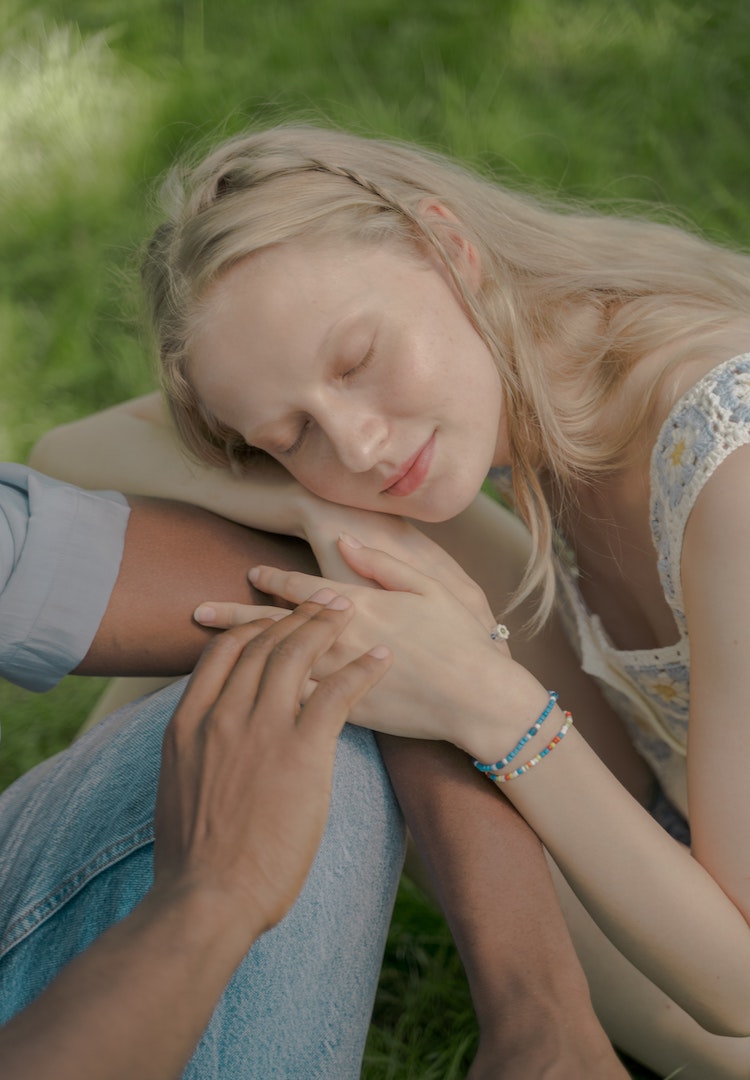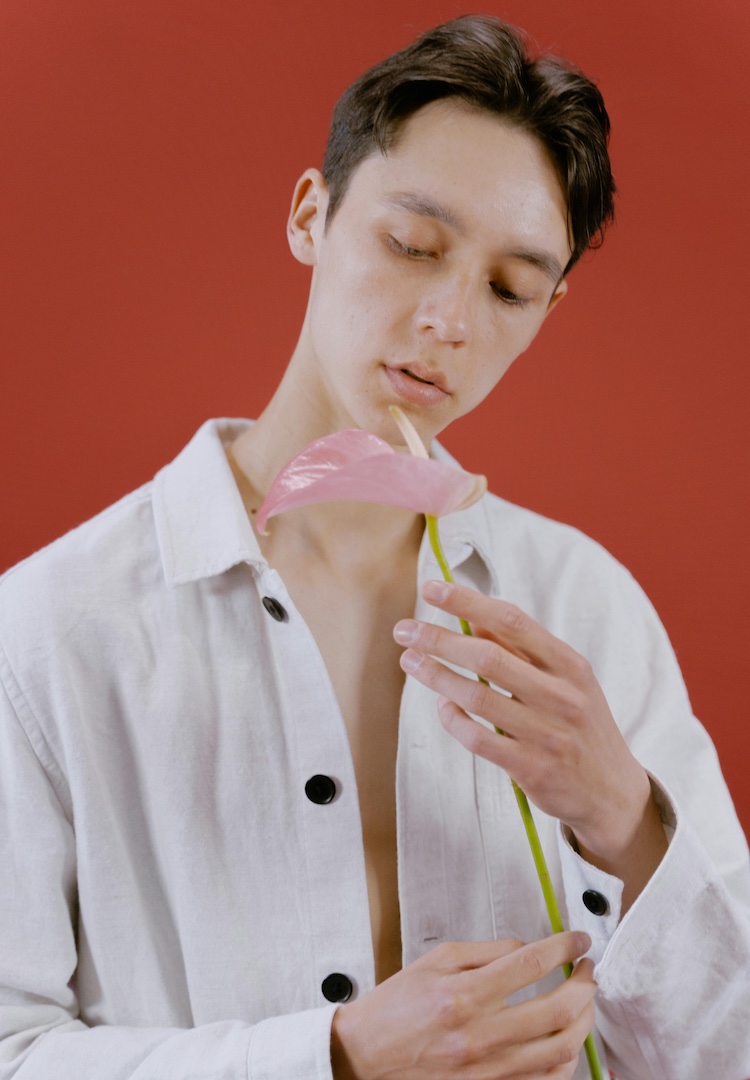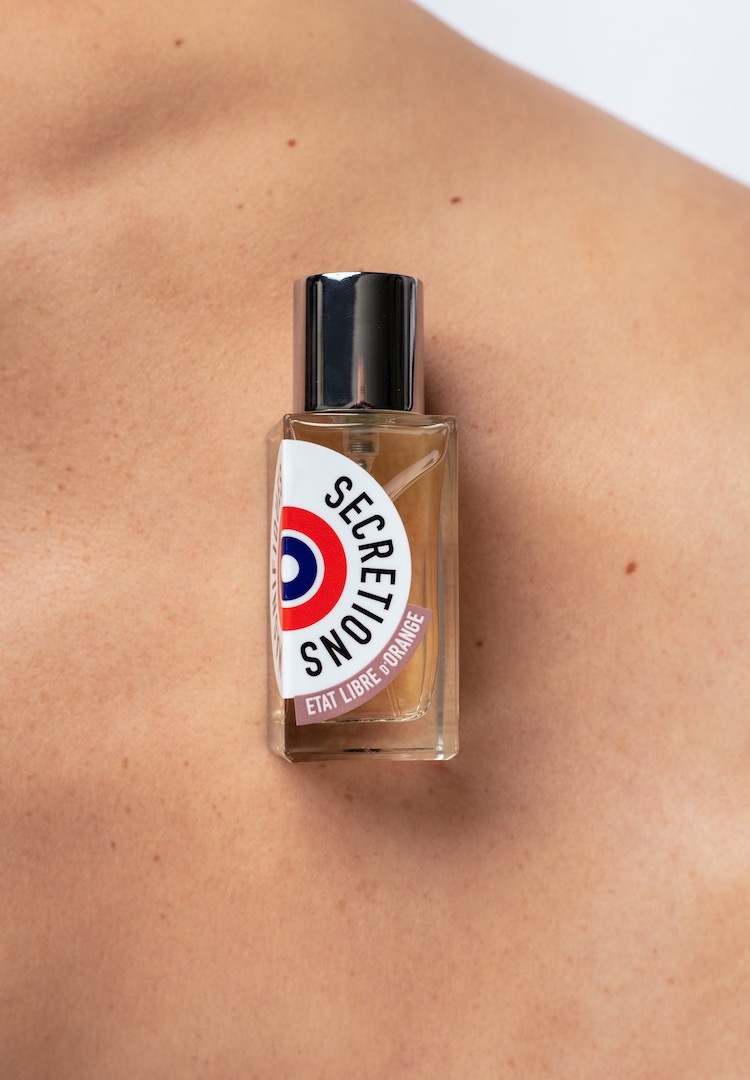If I enjoy having sex with my partner, why do I never initiate it?
WORDS BY ALYSSA FORATO
“If we’re open to having sex with our partners, open to experiencing pleasure, then that is more important than whether we’re initiating it.”
I love my partner endlessly. I don’t want to be cringey, but there’s not a single day where I doubt our relationship. He’s the definition of a walking green flag. Our relationship is healthy and full of open communication and trust. But no relationship is perfect, and I’m certainly not going to try and argue that mine is.
I’m definitely exposing myself on the internet here, but my shortcoming when it comes to my relationship is initiating sex. Don’t get me wrong, I enjoy sex. I just almost never feel like initiating it and it often feels like a chore. And while I always enjoy being intimate with my partner, I simply can never bring myself to kick things off. Unless he’s the one to initiate it, I can very contently remain without sex.
Looking for more stories on navigating the modern world? Head on over to our Life section.
I never used to be like this. At the beginning of our relationship, I was much more likely to initiate intimacy. This faded over time, and the nagging thought that something is wrong with me hasn’t gone away. I don’t feel any less attracted to him, and our relationship is stronger than ever. Initially, I wondered if my libido had dropped due to changing birth control pills in recent months, so I stopped taking them completely for a while. When that didn’t change things, I had no idea what to do.
Speaking to some of my friends made me realise that I wasn’t the only one having trouble initiating sex. So I sat down with the Senior Psychologist at Sexual Health and Intimacy Psychological Services, Javiera Dastres, to learn why I hardly instigate sex with my partner, even though I enjoy it.
If people are in a relationship, love their partner and enjoy having sex with them, why might they never feel like initiating it? Is it due to low libido or other factors?
“It used to be thought that your libido or sexual desire was linear… when actually, there’s more [to it],” Javiera explains. “More research has come out, particularly with the work that Emily Nagoski has done – she’s got a book called Come As You Are that talks about how desire actually [comes in different forms].”
According to Emily Nagoski, there are two different types of desire: spontaneous desire and responsive desire. People will predominantly have one type of desire (or can have a mix of both) but both are completely normal.
Javiera tells to me that spontaneous desire is when the mental interest in sex arises before there’s any external stimulation. On the other hand, responsive desire is where the interest in sex happens after there’s been some form of external stimulus. This could be foreplay, kissing or even cuddling on the couch while your partner gives you leg tickles.
“Not initiating [sex] isn’t about having low libido, [it] might just be about having a different type of desire – more of a responsive than spontaneous type,” Javiera says. I couldn’t hide my surprise when Javiera told me about the different desire types, but it made sense. Whenever my partner initiates sex, I respond positively to it and can always get in the mood.
Javiera uses the concept of visiting a friend as an example to show the difference between desire types. Imagine you’re going home from work one day, and all of a sudden the desire to go and visit your friend pops into your mind. So you go see them. Nothing triggered this thought, it simply appeared. This is spontaneous desire.
Responsive desire is when you’re travelling home from work and you receive a message from your friend, asking if you want to catch up. You weren’t thinking about them at the time and were quite content with your plans to go home and watch Netflix, but you like hanging out with this friend and decide to go because you know you’ll enjoy the time you spend together.
But what about people who have been in a relationship for a while? At the beginning of the relationship, they may have initiated sex a lot more frequently but it died off. Why would this be?
Javiera points out there may be a range of reasons for this, and there’s no simple answer. “If the relationship is safe, healthy, connected [and] if both [people] still like sex and enjoy sex, then the initiation might be more around life factors,” Javiera says. “Sometimes, even if we really want to go to a party, for example, if we’re exhausted or we’ve got other things we need to do, then that party might be deprioritised.”
Javiera says that because the beginning of a relationship is filled with so much new energy, excitement and external stimuli, people become more open to sex and more likely to initiate it. So while you may have a responsive desire type, the newfound exhilaration of a new relationship may make you seem more like you have spontaneous desire. While you may be initiating sex more frequently when the romance is new, this will most likely settle down as you become more comfortable with your partner.
“So when the relationship goes on, there’s more safety, comfort, predictability and [the] routine of life that is wanted and appreciated. That’s when the responsive desire… [is] experienced.” Javiera says that if it’s a monogamous relationship, there’s always going to be an ebb and flow of sexual desire between the two people – it’s a very common aspect of romantic relationships.
Does a lack of initiating sex (despite enjoying it) mean you’re no longer sexually attracted to your partner?
“It’s really easy to think that because everything we tend to see and read about is a representation of spontaneous desire,” Javiera says. So when we see partners in relationships not initiating sex, we perceive it as a lack of sexual attraction or interest. But this isn’t always the case.
When I ask Javiera how people with a responsive desire type can develop a more eager mindset to initiate sex with their partner (if that’s something they want), she points out that initiation shouldn’t be the focus. Pleasure should be the primary goal. “If we’re open to having sex with our partners [and] open to experiencing pleasure, then that is more important than whether we’re initiating it.”
To read more about the different desire types and navigating them in a monogamous relationship, head here.













